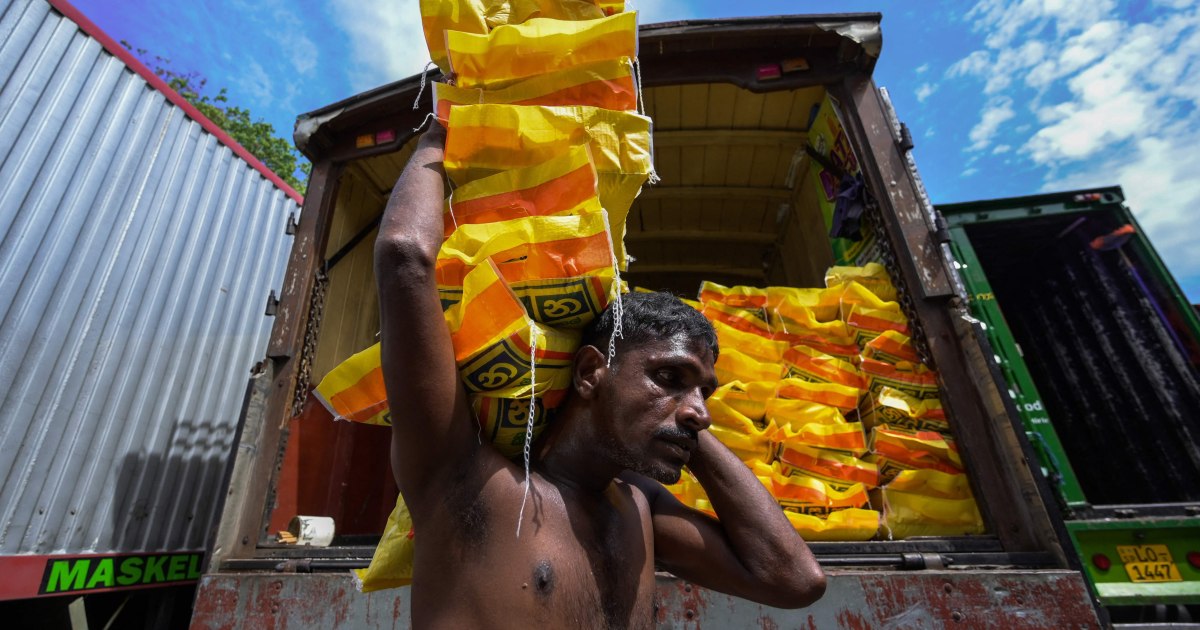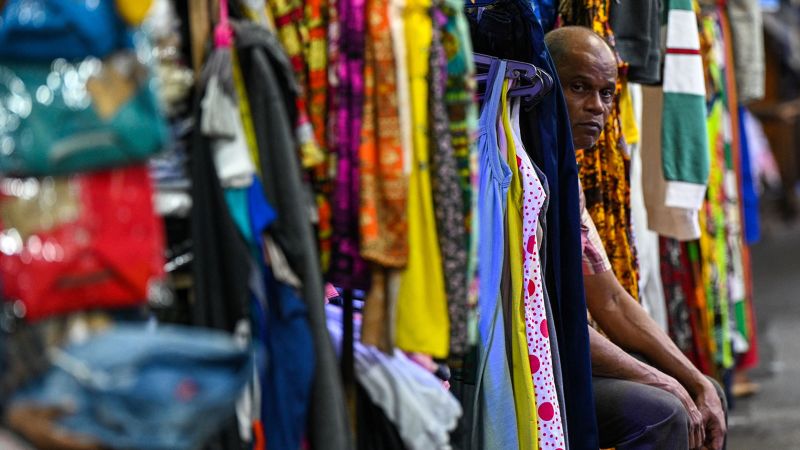The Facts
On Thursday, the World Bank announced it will give Sri Lanka $700M in budgetary and welfare aid, the largest single amount since an International Monetary Fund (IMF) deal was reached in March.
About $500M will be allocated for budgetary support while $200M will be used for welfare support; the strategy focuses on "early economic stabilization and structural reforms, as well as protection of the poor and vulnerable."
The Spin
Establishment-critical narrative
Aid from the World Bank is no magic pill. Along with COVID, which damaged Sri Lanka's tourism industry, Pres. Gotabaya Rajapaksa's financial policies have plunged the South Asian nation into a deep economic crisis. It's essential the government devises a home-grown alternative strategy, addresses soaring inflation and domestic terrorism, stimulates growth and invites global investment, initiates anti-corruption reforms, and protects economic and social rights to help resolve the spiraling crisis and reduce the country's reliance on foreign debts.
Pro-establishment narrative
Sri Lanka's economic woes are perennial. The country has withstood civil war and could never recover from the devastating 2004 tsunami. It is now tested by a profound economic collapse that has spawned a humanitarian crisis and political upheaval. The country's liquidity has dried up due to its soaring foreign debt repayments. The IMF and the World Bank's loans can help release Sri Lanka from the debt trap, mitigate suffering, and break a spiral eroding its citizens' human rights.





